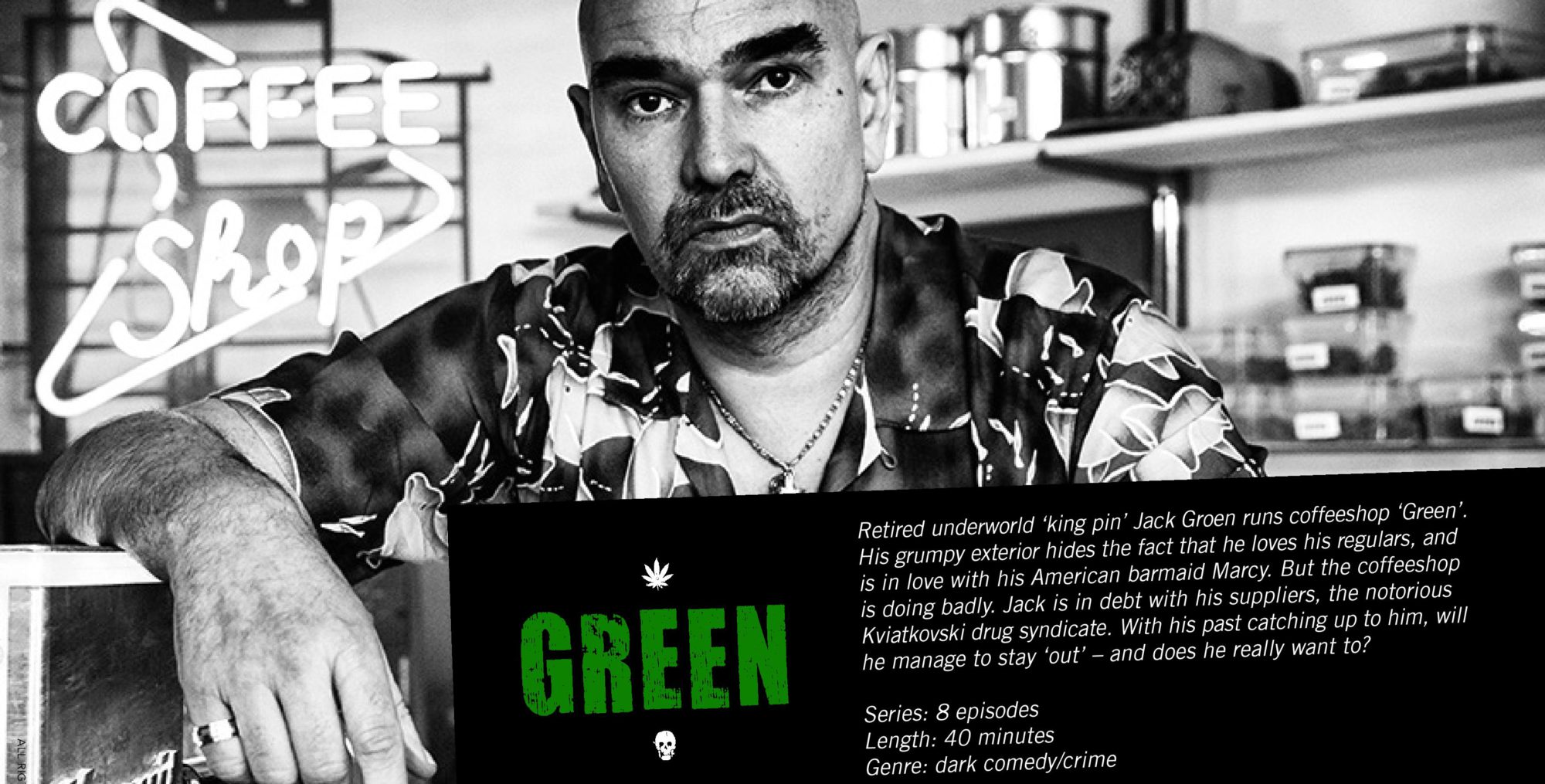 “Hollywood films are not classical” Mark Cousins
“Hollywood films are not classical” Mark Cousins
“The Story of Film” is an epic 15 hour “journey” through the history of film. Creator Mark Cousins takes us by the hand and shows us hundreds of excerpts of classic films from the Lumiere brothers to Baz Luhrmann. His droning monologue is sometimes grating but at the same time knowledgeable and truly involved. I can’t possibly do this epic effort justice in a short review so I will just highlight my personal pros and cons of this remarkable achievement.
Pros
Mark Cousins must be applauded for even daring to undertake this venture. In 15 one hour episodes we are taken through the entire evolution of cinema as a mass medium artform. Cousins is staunch in his stance that film is, and in fact always has been, a global medium. He makes his point convincingly by including movies from every corner of the world from start to finish in the series. As such The Story of Film is an invaluable introduction to world cinema. It’s absolutely glorious in this sense.
Mark comes across a knowledgeable, passionate in fact, about film. He is unabashed in proclaiming his own set of “The best scene ever…” “The best director ever…” etc. Whilst some form of qualification is always welcome for the sake of clarity, it is also risky. This is something I will return to in Cons.
For anyone who seriously loves film, The Story of Film will be worth your while. You will finally see (parts of) the works of great masters whose films you had never really gotten round to watching (Ozu, Dreyer, Pasolini, the list goes on and on), so that you too can pretend to have seen every classic film ever made.
To sum up the pros: I really enjoyed The Story of Film, however to me, it does have its downsides.
Cons
Mark Cousins is a man on a mission. He wants to debunk the myth that film = Hollywood. And, rightly so. However, for me, he overshoots his mark. His recurring snide remarks at the expense of Hollywood film making undermine his efforts to achieve just recognition for world cinema. Why should one have to be bad for the other to be good?
An example can be seen in the quote that starts this review. His disdain for 30’s and 40’s Hollywood film making is clear: Cousins loathes the romantic vein of American films of the era. Thus, “Casablanca” is debunked as a classic, it is according to the master, a mere romantic bauble. However, when the very same romantic elements are used in e.g. 1970’s India they lead to classic masterpieces….this cognitive dissonance is just plain annoying.
Then there is Cousins’ obsession with form above content. According to Cousins cinema should be considered a purely visual medium. In 15 hours of film there is rarely a single comment praising well crafted character, plot, or story in film. The Story of Film is most definitely not about one thing: Story. This is rather silly and in a way, sad.
Nearly all of the excerpts Cousins chooses to show us concern compositional innovations and/or visual trickery. These are indeed crucial to the innovation of film, but cannot be considered the only measure by which to determine whether a film is great or even classical. The development of story and character is a crucial part in the history of film. Obviously Mark Cousins would beg to differ.
Finally, it annoyed me again and again that Cousins is a self proclaimed adjudicator of what is great and what is not. He often proclaims certain films, directors, scenes, shots etc to be the greatest ever. In most cases he is not professing an opinion, but god’s own truth. Mark Cousin, at least in his own opinion, is the god of film.
